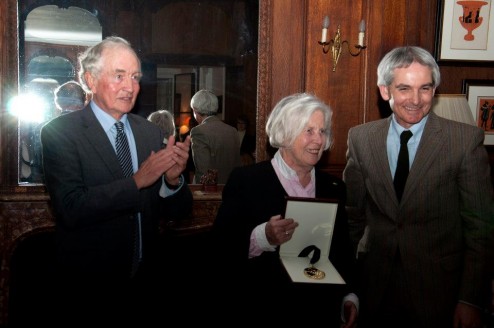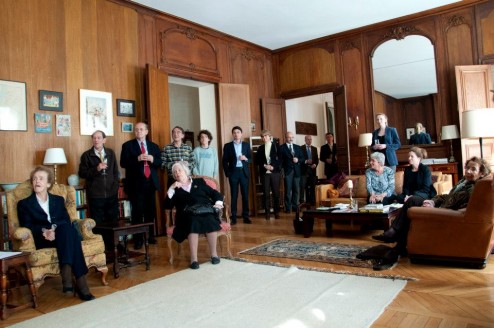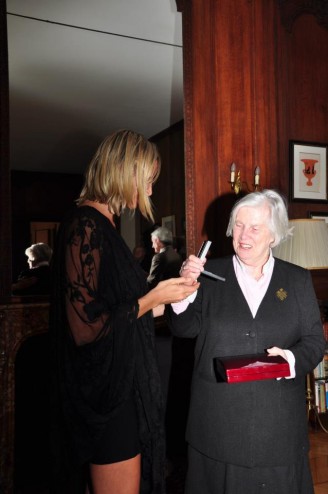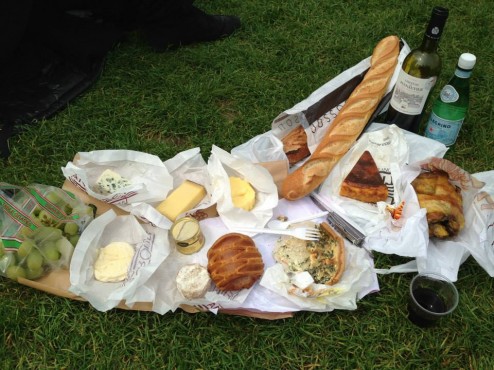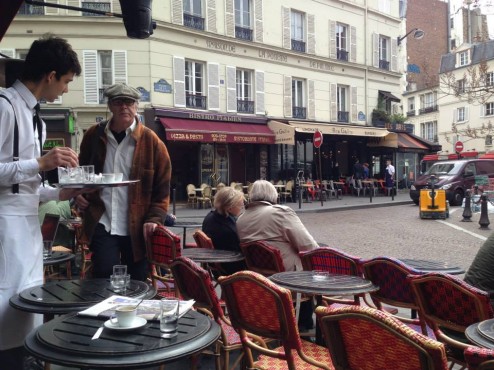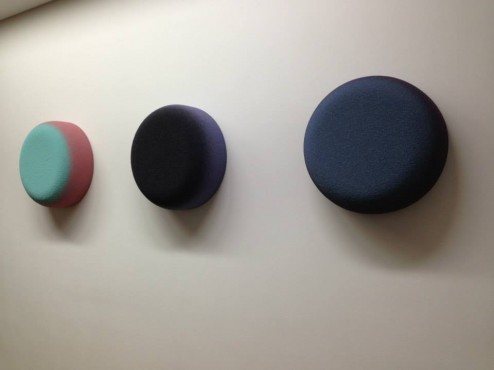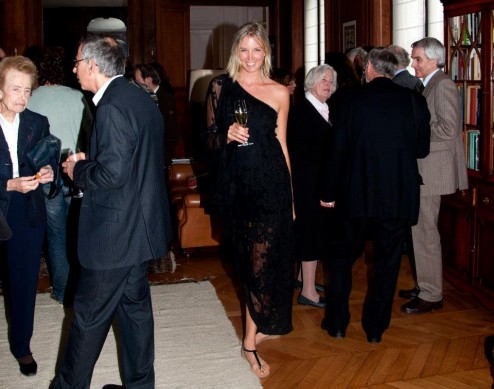Philosophy, ideas, culture, intellectual development in the Arts, have been ridiculed by the right-wing “Liberal” political party in Australia. A Coalition Press Release yesterday read:
‘The Coalition would look to targeting those ridiculous research grants that leave taxpayers scratching their heads wondering just what the Government was thinking.
Taxpayer dollars have been wasted on projects that do little, if anything, to advance Australians research needs. For example:
- The quest for the ‘I’ – a$595,000 grant aimed at “reaching a better understanding of the self”;
- $160,000 on an examination of “sexuality in Islamic interpretations of reproductive health technologies in Egypt”;
- a $443,000 study into “The God of Hegel’s Post-Kantian idealism”; and
- $164,000 for a study into “how urban media art can best respond to global climate change”’
I don’t particularly want to bad mouth my country to the world, but are Australians really this selfish and dumb???????
It’s election time Down Under, and my friends around the world who have caught a glimpse are wondering who put the Kool-Aid in our water?
I understand that spending a million dollars on these research questions may sound like a lot. But spread over a few years this is a rather average salary p.a. for several academics who are teaching philosophy and publishing in esteemed journals, establishing the credibility and value of Australian universities. These publications rank some Australian universities in the top one-hundred world-wide, attracting hundreds of students from around the globe, who pay $26,000 p.a. fees to attend our universities, contributing to the Australian economy.
In other words, besides contributing to knowledge and understandings of what it means to be human, the benefit of this investment for the Australian tax-payer even in monetary terms far outweighs the cost.
These projects are selected by the Australian Research Council (ARC) who, one might think, know a little more about Australia’s research needs than your average Aussie. People have to learn to think multi-dimensionally.
Just because you may not know what “The God of Hegel’s Post-Kantian Idealism” is referring to does not mean it is a waste of money. But dirty politicians can manipulate the masses by appealing to Australian’s tall poppy syndrome: does ridiculing people who are smarter then you really make you feel better about yourself? Apparently so.
The Australian not-so “Liberal” party’s disregard for philosophy is appalling—almost as appalling as their decision to cut international aid, and their other “make the rich richer and stuff everyone else” policies. But let’s not open that can of worms.
Why Philosophy Matters:
In an article in The Conversation, Patrick Stokes writes:
“[It is] as if the last two and a half thousand years of moral philosophy never happened. We expect people to have views on right and wrong without equipping them with even the most basic tools to ask the relevant questions or assess the answers they’re offered.”
After the research projects that I have conducted into religious indoctrination and structural forms of violence causing environmental destruction and global poverty, I would go as far as proposing that philosophy is the “missing peace”. The whole idea of democracy comes from philosophy are relies on a philosophically literate society to keep it functioning. Democracy is not a thing that can be achieved or given, it is always a work in progress.
“Democracy is something you do not something you get” as Susan George put it at a lecture last week.
The necessary tool to do democracy is thinking. A population of sheep, who can be herded by the Murdoch press, is not a democracy. It is en-route to becoming an Idiocracy.
Australians need philosophy more than ever. We need to learn and teach the youth how to think and act for ourselves, giving consideration to the long-term future of the whole. We need philosophy in our schools, in our universities, in our churches, in pubs and at the dinner table.
If Australians were doing democracy there is no way that the Liberal party would be voted in. If Australians valued philosophy we would do a much better job at doing democracy. I suppose it is no wonder the “Liberals” want to defer funding from the Liberal Arts. Keep the masses non-thinking sheep, and you can use Murdoch to manipulate them as you please.
Philosophy may sound abstract and arrogant academic pompous to people don’t know what it is. But if they were to take a moment to read about it, to come to understand the ways that society today has been affected by the rich history of philosophy, and I suspect that they would come to a different conclusion.
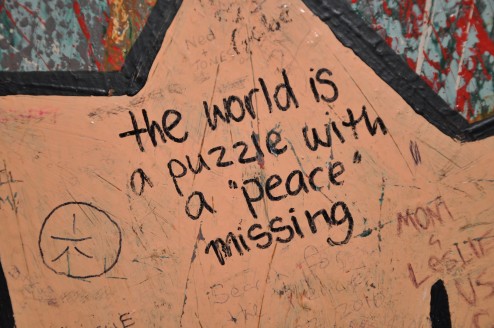
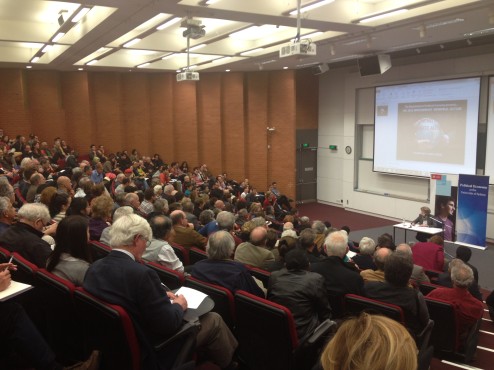
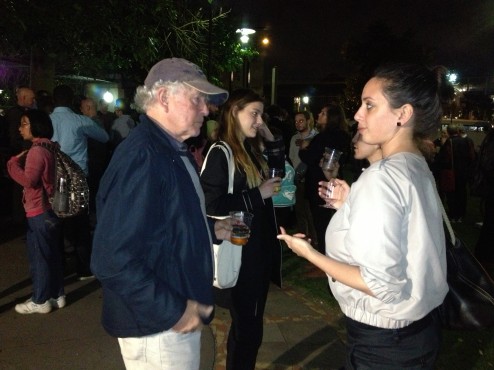
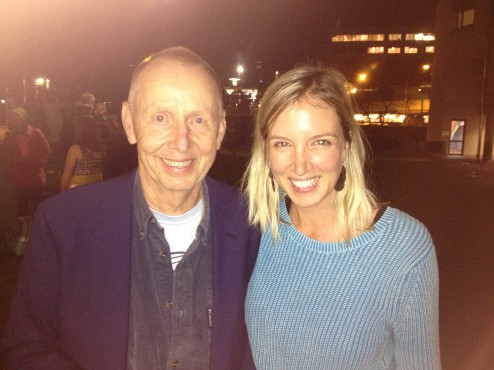
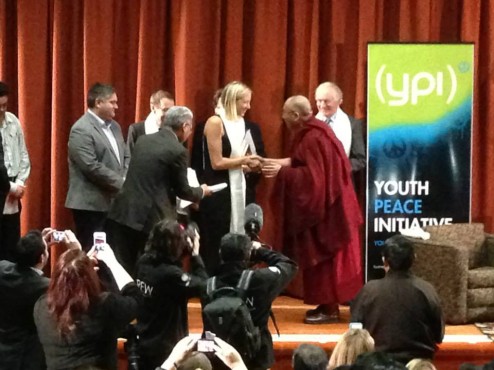
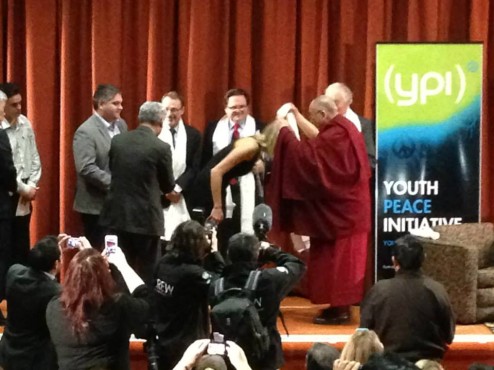
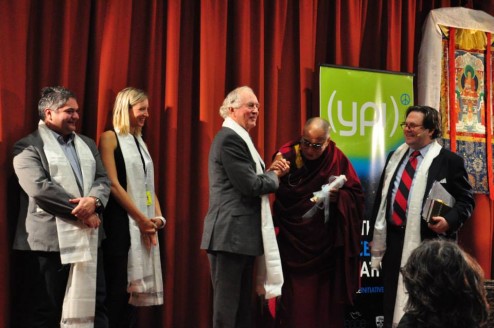
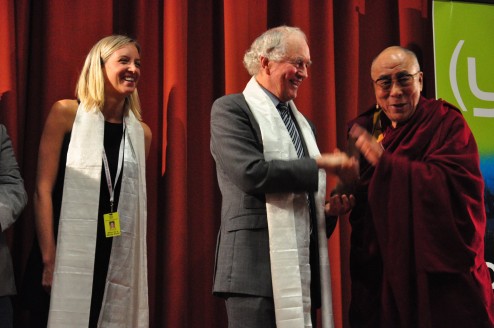

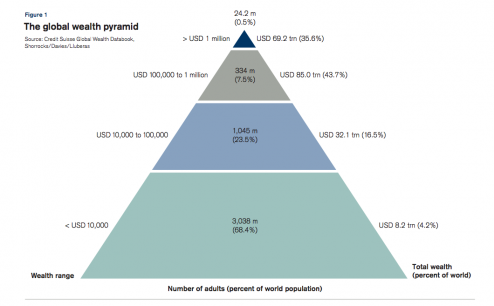

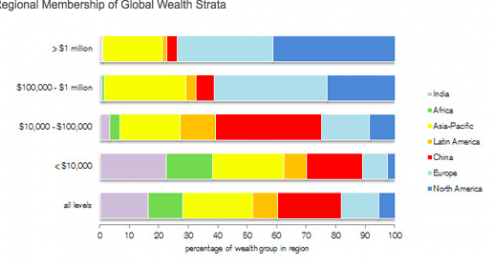

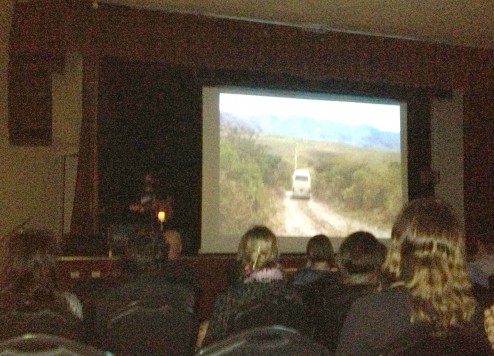
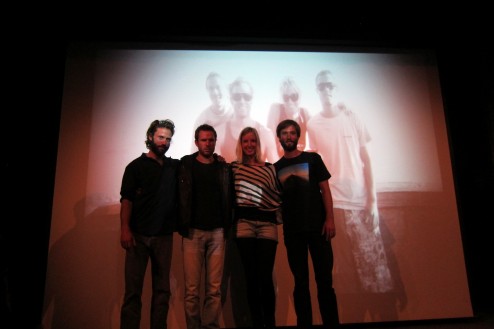
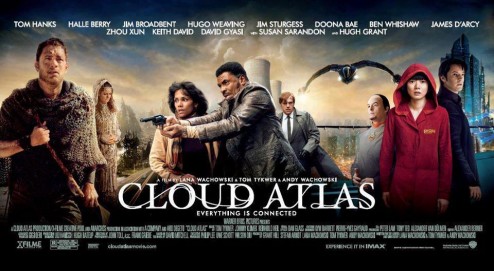
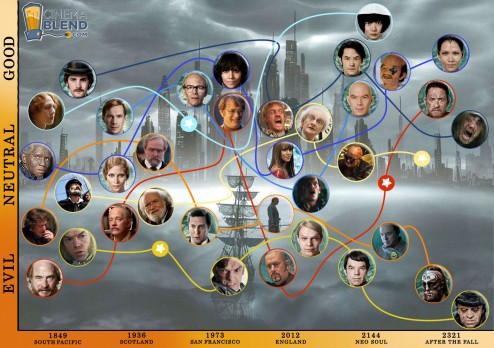

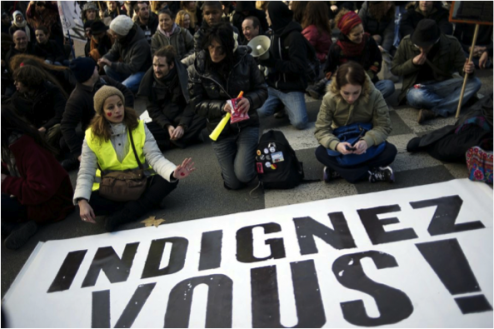
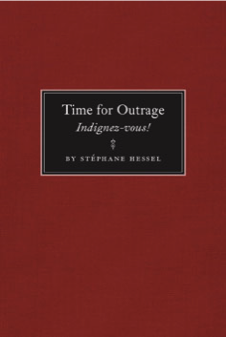 of the world financial markets that threaten peace and democracy everywhere.”
of the world financial markets that threaten peace and democracy everywhere.”